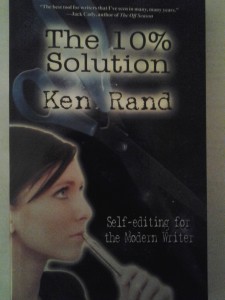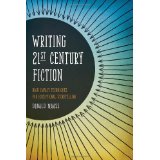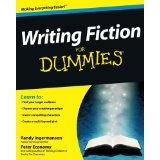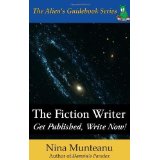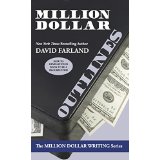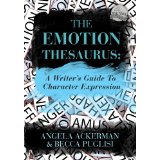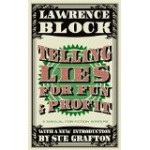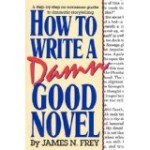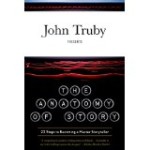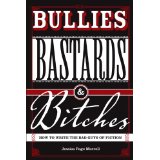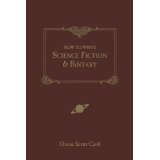What is an accountability group?
- it’s about being accountable for or answerable to the goals we set;
- it’s where the internal realities of the writing life, the successes, the failures, the setbacks, the need for encouragement or motivation, can be expressed to others who understand;
- sometimes it’s a form of therapy;
- it’s a place to set goals; and
- it’s about being motivated because we’ve made a promise (mostly to ourselves) that we want to keep.
All these things make accountability groups different from critique groups. Unlike a critique group, it’s not about honing your craft. Rather, it’s about the writing life and being accountable for the decisions we make.
Mostly though, accountability groups are about turning those huge milestones, like writing the 100,000 word novel in three months, into the stepping stones which help us manage and achieve our goals. Every marathon is run one step at a time, every book is written one word at a time and in either activity, pacing is paramount for success. Accountability groups help us pace our efforts and they provide the team to support us if we falter.
No one is as hard on writers as we are ourselves. The loudest critic is the one in our head and sometimes the only way to still that critic is through the support of our peers. It’s okay if a goal wasn’t met. It’s okay if something didn’t work out and if we’re not superhuman. We will live another day to write.
Accountability groups are a place to discuss what’s happening, a safe place to say, “Hey, I accomplished this!” or, “This didn’t work out as I’d expected.” or, “I so totally didn’t meet my goals!” It’s a place to share the wins, swallow the losses, and to set our sights on new goals. It can also be a place to brainstorm, ask advice, solve a problem, get encouragement and reassurance. It’s a place to set both small and large goals that are in line with the business plan. Most importantly, it’s a place where everyone understands.
I belong to two groups, an on line group and a local group. The difference between the groups is that the email group is weekly and the local one meets every three weeks. That allows me to set different targets and deal with different issues as they occur. The industry experience in the groups is very different and that provides me with a broader support group.
I haven’t been active in either for a while – the local one disbanded for the summer and I took a break from the online group too. When I’m not productive (aka life interfered with the writing plan in a major way), I don’t contribute much to my groups. That’s okay because they’re still there for me. I do go to the local one and the conversations are stimulating and encouraging. I continue to follow the discussions on the email group because it’s interesting to see what people are doing and if there’s a problem I can help with, I will. But the real reason I stay in touch with both groups is that it is a community of understanding friends that are there for me no matter what.
Turning huge milestones into manageable steps, supporting each other when we falter, celebrating when goals are met – those things make accountability groups worthwhile. Thank you my friends for your support.

